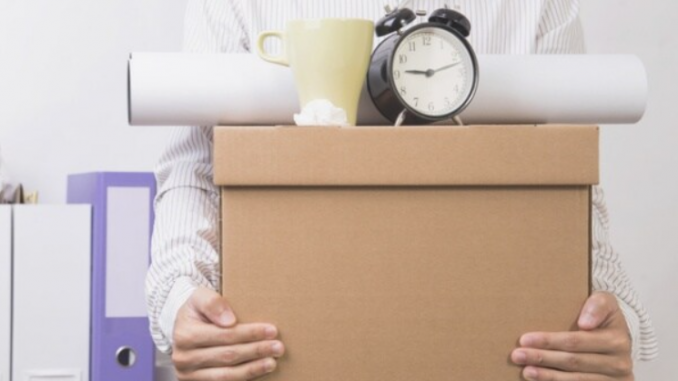
Ninety-five tech companies have already announced workforce layoffs in June — the highest monthly tally in that sector for 2022, according to data from Trueup — suggesting that the U.S. economy might soon be on the verge of a recession.
Among the notable tech firms reducing their workforce:
Zumper, the largest privately owned rental platform in North America, announced last week it would lay off 15% of its workers.
Two weeks earlier, the Elon Musk-backed Tesla — the world’s leading electric vehicle maker — revealed it would lay off 10% of its salaried workforce.
And last month, the real estate broker Redfin announced it would be shedding 470 employees, or roughly 6% to 8% of its workforce, after the company fell short of revenue expectations.
“I said we wouldn’t lay off people unless we had to,” Glenn Kelman, CEO of Redfin, reportedly wrote in a company-wide email sent on June 14. “We have to.”
Each workforce reduction presumably brings seeds of doubt into the U.S. economy, with a growing number of business leaders and consumers bracing for a downturn in the coming months — if it hasn’t already occurred.
According to separate surveys conducted by the Conference Board and Country Financial, more than 60% of executives and 82% of consumers expect a recession by 2023.
Former Treasury Secretary Larry Summers has already intimated the struggling U.S. economy could be headed for a recession phase — to the chagrin of President Joe Biden.
“Nothing is certain and all economic forecasts have uncertainty,” Summers told NBC’s “Meet The Press” on Sunday. “But my best guess is that a recession is ahead.”
“I base that on the fact that we have not had a situation like the present, with inflation above 4% unemployment below 4%, without a recession following within a year or two,” Summers added.
Which economic factors lead to a recession?
According to Forbes.com, a recession is a “significant decline in economic activity that lasts for months or even years. Experts declare a recession when a nation’s economy experiences negative gross domestic product (GDP), rising levels of unemployment, falling retail sales, and contracting measures of income and manufacturing for an extended period of time.”
Federal Reserve Chairman Jerome Powell went on the offensive this week, trying to reassure the public that a recession wasn’t imminent.
“We are not trying to induce a recession now. Let’s be clear about that,” Powell said in a press conference last week, after raising interest rates by 75 basis points (three-quarters of a percentage point).
“We at the Fed understand the hardship that inflation has caused,” Powell added. “We are strongly committed to bringing inflation back down, and we are moving expeditiously to do so.”
Meanwhile, American consumers and businesses remain concerned about rising costs and a worsening economic environment.
For last week’s Federal Open Market Committee meeting, the median projection for real GDP growth in 2022 was reduced from 2.8% to 1.7%.
Also, economists at the Federal Reserve forecast the national unemployment rate to reach 3.9% by 2023 — higher than the 3.6% average from the last three months.
Add in the 40-year inflation highs, record-high gasoline prices, higher food prices,and product shortages on grocery shelves, and things could get murky for the Democratic Party this fall.
Case in point: Last week, political analyst Frank Luntz went on CNBC to predict that U.S. consumers’ frustration with the Biden administration — and Democrats in general — would be reflected in the November midterm elections.
“Donald Trump misidentified the stock market as the aspect people related to when they decided whether things were good or bad,” Luntz said. “Joe Biden is misidentifying jobs.”
Luntz added, “Unless he gets this inflation under control where people are not exasperated, and unless he does something immediately, this is going to affect the midterms.”
And on Tuesday on Newsmax, while appearing on “The Record With Greta Van Susteren,” Austan Goolsbee, a former economic adviser to President Barack Obama, said, “I don’t think it’s inevitable, but it’s certainly a risk.”
Via Newsmax
